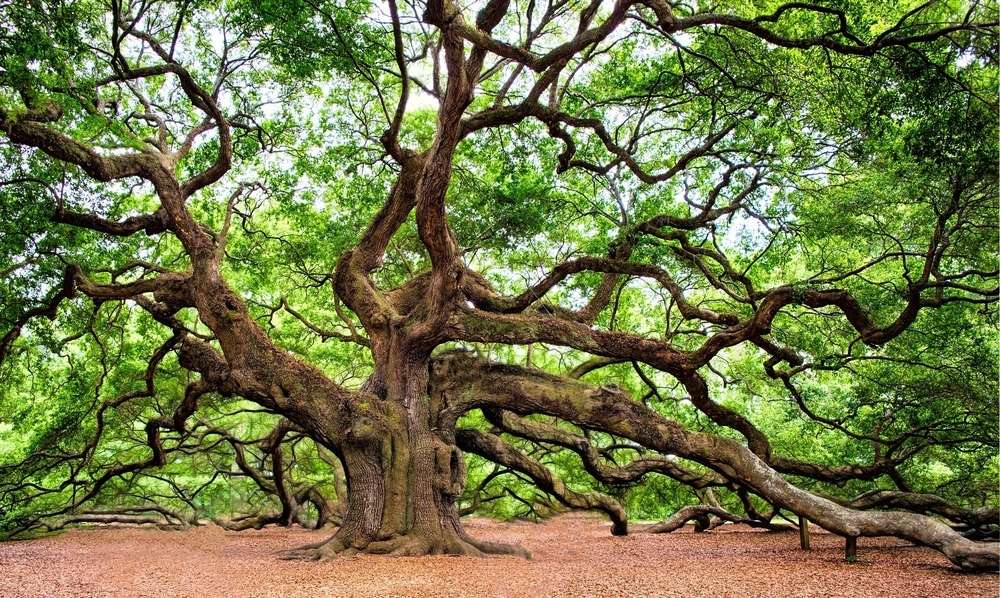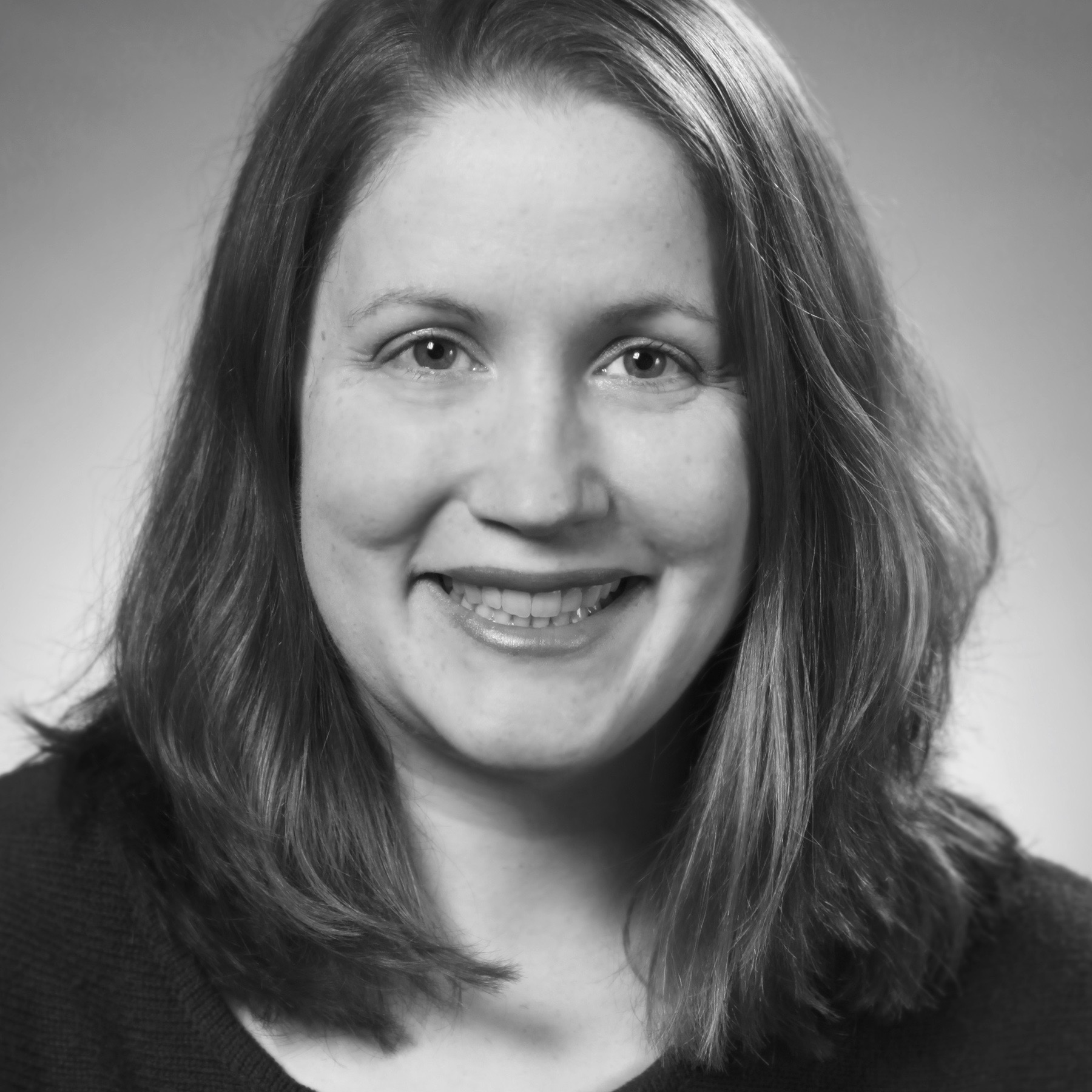
In 2013, American Jews celebrated “Thanksgivukkah,” the once-in-a-lifetime chance to have Thanksgiving and Hanukkah at the same time. While that double feature will not happen again (at least not for us!), this coming Monday brings another opportunity to observe an American holiday and a Jewish holiday simultaneously: Martin Luther King, Jr. Day and Tu B’Shevat, the birthday of the trees.
On the surface, these two holidays might have little, if anything, in common. What does planting trees and eating fruit have to do with the legacy of a civil rights icon? More than you might think.
The Talmud tells the story of Honi Ha-Me’agel, who came across an old man planting a carob tree. Knowing that the man would not live to see the carob fruit, he asked the old man why he was doing this. The man replied that he enjoyed eating carob on Tu B’Shevat and that, when he was a little boy, someone had planted trees for him to enjoy. He was now doing this as a gift for the generations yet to come. This story is retold frequently as we plant trees to remind us that although we may not see them grow fully, we are still fulfilling an important mitzvah.
At a different time and place in history, King understood that lesson as well. On April 3, 1968, what was to be his last speech, he said as much. In words now famous and extraordinarily prescient, he said:
“Like anybody, I would like to live a long life. Longevity has its place. But I’m not concerned about that now. I just want to do God’s will. And He’s allowed me to go up to the mountain. And I’ve looked over. And I’ve seen the Promised Land. I may not get there with you. But I want you to know tonight, that we, as a people, will get to the promised land!”
While King probably did not know he would be assassinated the following afternoon, he did know that the journey for equality did not begin with him nor would it end with him. He was right. While this country has come a long way since 1968, still much work has yet to be done. But just like the old man planting the carob tree, none of Dr. King’s work was in vain.
So, here I am in 2019. In the cold of winter. While raising two young girls and working a full-time job outside the home. So much uncertainty in the world. It is exhausting. And frustrating. Go online and moms can quickly see that we are our own worst critics. It would be easy to shut out all of the world’s ills and believe we can’t do anything. I hear it all the time from friends and coworkers.
Perhaps, this is why we need Tu B’Shevat now more than ever. To remind us of renewal. To remind us of the gifts we can offer to the world. There are positive things we can do for others, even if we do not see it. Because of the women who came before me, I can vote. Because of those who invested in my synagogue, I grew up receiving a quality Jewish education. Because of King, the seeds were planted for a civil rights movement that continues to this day.
So go ahead and plant that tree. Volunteer for that cause. Speak out for issues that are important and mean something. Every little bit matters. For as it says in Pirkei Avot, “It is not your responsibility to finish the work of perfecting the world, but you are not free to desist from it either.” Chag Sameach!
Lisa Rothstein Goldberg is a social worker and Jewish educator. She currently lives in Louisville, Ky., with her husband and two young daughters.























 More news and opinions than at a Shabbat dinner, right in your inbox.
More news and opinions than at a Shabbat dinner, right in your inbox.